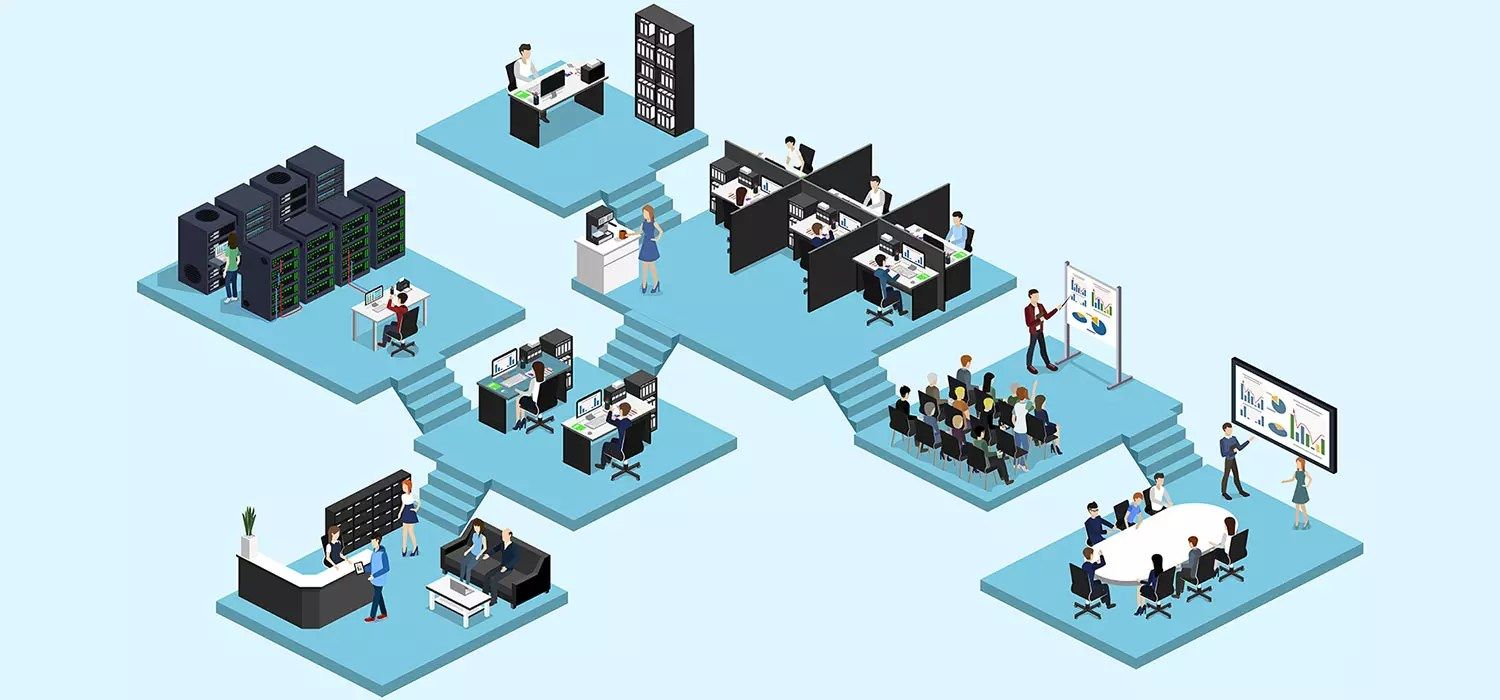In Data-Driven Organisations, IT should be the Driver for Innovation

The world is changing faster than ever before, which was already the case before this terrible COVID-19 pandemic. The Coronavirus is a typical Black Swan that is changing the game forever. Although several people and organisation saw this pandemic coming and warned us extensively, we did not do enough to prevent it from happening. As a result, for the majority of the people and organisation, it is an unexpected event that has a tremendous impact, and in hindsight, we could have seen it coming.
Nevertheless, the Coronavirus pandemic is a catalyst for change. We can see that digital is becoming more critical than ever and organisations should welcome the digital employee. The digital employee is someone who works remotely – currently from home, but after the pandemic, this can be anywhere in the world – and uses various tools to do their work and be productive. The digital employee will offer a lot of benefits for the employer as well as for the employee, and it changes how organisations run their business.
Apart from the digital employee, the rise of emerging information technologies also changes how we organise activities. The combination of the pandemic and the continuous development of new, ever more advanced, technologies create a perfect storm for organisations. Those companies ignoring this will have a hard time once this pandemic is over.
Taking a Different Perspective on your Organisation
The accelerated change and all the disruptive innovations we are currently experiencing challenges the status quo for organisations. The common denominator of all these innovations? They produce data, lots of it, which can be used to create magical experiences that were unthinkable before. To remain competitive, organisations need to obtain a different perspective on their business and develop a culture of innovation.
When data becomes your most valuable asset, you need to ensure that you not only collect a lot of data but also that you collect high-quality data.
“We don’t have better algorithms, we just have more data. More data beats clever algorithm, but better data beats more data.” – Peter Norvig – Director of Research, Google
In addition, you need to ensure that your data is secure, your customers’ privacy is protected, and your algorithms are unbiased. Therefore, within a data-driven business, data governance becomes very important.
The combination of new emerging technologies, a flood of data and the increased importance of (data) governance requires organisations to bring the IT department to the fore. IT should become a driver for, and guardian of, innovation.
The IT Department as Driver for Innovation
Staying competitive in such a fast-paced, data-driven, environment requires flexibility and space for innovation. This is where the IT department comes in. They should be an educator to the rest of the business. Bringing agile working methods, data governance best practices and digital innovation to the rest of the business.
Especially within organisations build on legacy systems, IT should guide the organisation to replace those legacy systems where possible. This requires you to reinvent your business, disrupt your common practices and apply the latest technology within your processes and customer touchpoints.
The success of such digital transformation, especially now, depends on an efficient, reliable and adaptable IT infrastructure. To replace legacy systems, introduce new technologies, agile working methods as well as ensure data security and privacy your IT department should no longer have a staff function but should become a critical aspect of the business. Your IT department should become a dynamic capability that differentiates your business from your competitors. IT can make the difference.
Therefore, your IT department and CIO should own innovation within the business. They should establish the new business and IT capabilities that offer competitive advantages for everyone within the organisation. This requires CIOs to take up a leadership role when it comes to innovation, especially because other departments are often less aware of the digital possibilities that emerging tech nowadays offers.
In today’s fast-changing world, CIOs and the IT department should actively push the envelope. They should challenge the status quo and challenge projects instigated by other departments to ensure the most optimal, flexible, secure and private technical solution is developed. IT moves from being in the back of the car to the driver’s seat.
Final Thoughts
The IT department and the CIO can drive innovation within an organisation. In fact, more than ever before, IT has become a critical capability to lead the way and show the organisation what is possible using various technologies. Combined with an agile methodology and ensuring good governance practices, the IT department should be at the fore when it comes to digitally transform your business.
Image: Kddss/Shutterstock





